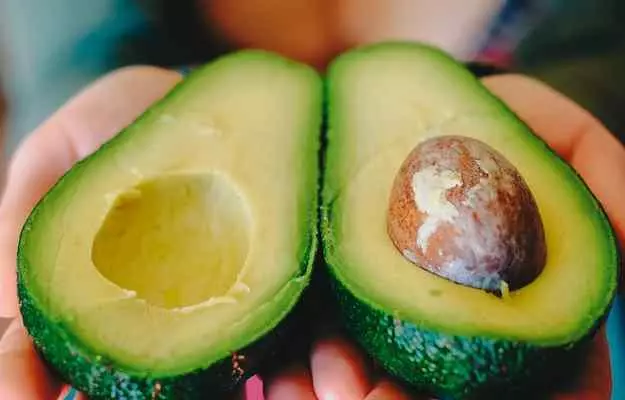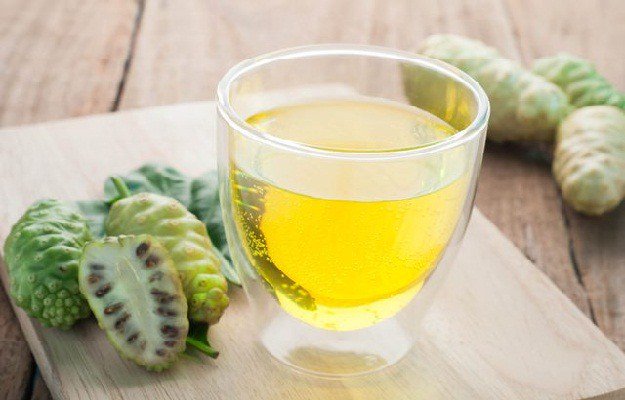Avocado, also known as butter fruit and alligator pear, is the fruit of a tree native to Mexico. It has a green or brownish covering that is thin and in some cases wrinkly. The flesh of the fruit has a nutty flavour and the soft texture of butter—in a properly ripe avocado, you can scoop the flesh out with a spoon.
Avocados contain vitamin K, vitamin C, vitamin E, vitamin B, especially B5, B6 and B9 (folate), as well as potassium. It also has minerals such as magnesium, manganese, copper and phosphorus in trace amounts.
It is considered to be a healthy fruit because it contains a high quantity of monounsaturated fats (9.8 grams monounsaturated fats per 100 grams of avocados). The majority of the carbohydrates present are in the form of fibre, which also makes it an attractive option.
Some basic facts about avocados:
- Scientific name: Persea americana
- Common name: Avocado, butter fruit
- Family: Lauraceae
- Parts used: Fruit
- Native region and geographical distribution: First cultivated in the Andean region in South America, avocados are now grown in Mexico, Peru, Australia, US, South Africa, Spain, Israel, Turkey, Kenya, Thailand, Vietnam and India, among other countries.













